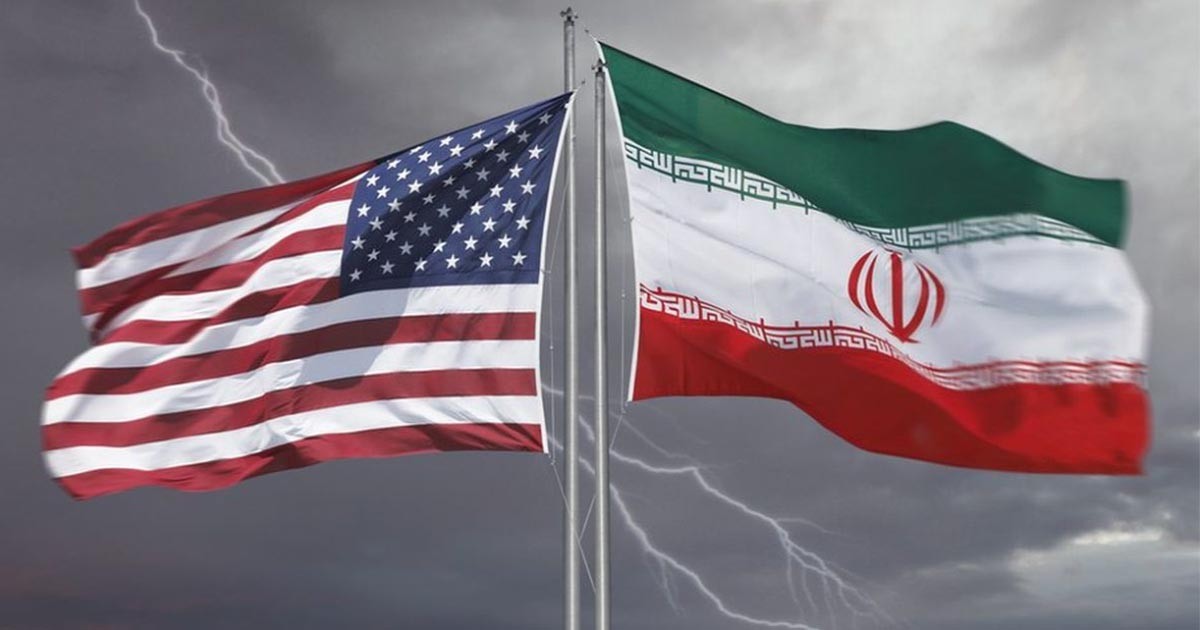In a recent op-ed in Dawn, former Chief Justice of Pakistan Qazi Faez Isa offered lofty reflections on international law, terrorism, and moral responsibility. But for Pakistanis still reeling from a judiciary that stood idle—or even actively participated—as democracy was throttled, his words ring hollow. Painfully so.
Isa’s tenure as Chief Justice did not safeguard constitutionalism; it contributed to its erosion. His sanctimonious writing may impress readers unfamiliar with recent events, but for many Pakistanis, it evokes disbelief and anger. When Pakistan’s largest political party—Pakistan Tehreek-e-Insaf—was dismantled before our eyes, where was his voice? Where was his pen? It was signing the order that stripped the party of their election symbol.
Candidates were disqualified. Nomination papers were stolen in a clownish charade designed to block participation. Peaceful rallies were banned. Imran Khan, the most popular political leader in the country, was jailed under fabricated charges. The presumption of innocence Isa now invokes so earnestly was nowhere to be found when it mattered most. And it was his office that facilitated its removal.
It is not what he wrote in his Dawn article that reveals the most—it is what he failed to do when duty called. Neutrality and due process are not ideals to be admired in theory and discarded in practice. Under his leadership, the Supreme Court of Pakistan enabled a climate of fear, repression, and legal manipulation—targeting even its own judges. As democracy bled, the Court remained a silent observer at best, an active collaborator at worst.
Read More: Is Pakistan Really Behind Terror in India—Or Just a Convenient Villain?
Isa now dares to question whether Indian institutions have the courage to hold themselves accountable. But what about his own Court? Did it ever look inward? Did he defend the Constitution—or bend it to serve a predetermined script? It’s like a self-professed teetotaler urging others to quit drinking, while secretly nursing a bottle himself. His words might sound right in isolation, but coming from him, they only weaken the argument and highlight his own hypocrisy.
Qazi Faez Isa will not be remembered for rhetorical flourishes or international posturing. He will be remembered as a man who had a chance to defend democracy—and chose not to. His legacy is not one of legal courage or institutional reform, but of silence, complicity, and intellectual cowardice.
To quote him back to himself: “Those who have failed the people of Pakistan need to be held accountable.” Indeed. And history will hold him accountable—as someone who placed personal prestige above public duty and now seeks to launder his conscience with clever words.
But no op-ed can erase the record.
He deserves contempt. He deserves ridicule. A man so obsessed with his own prose, so hollow in principle yet bloated with self-importance—he is the textbook case of the insignificant intellectual. A man who mistook long sentences for wisdom, and bowing to power for courage.
And like the insignificant footnote of history that he is, he deserves—most of all—to be forgotten.
Shoaib Sultan is a Norwegian-Pakistani communication professional, politician, and commentator who writes on climate, international affairs, democracy, governance, and integration.













